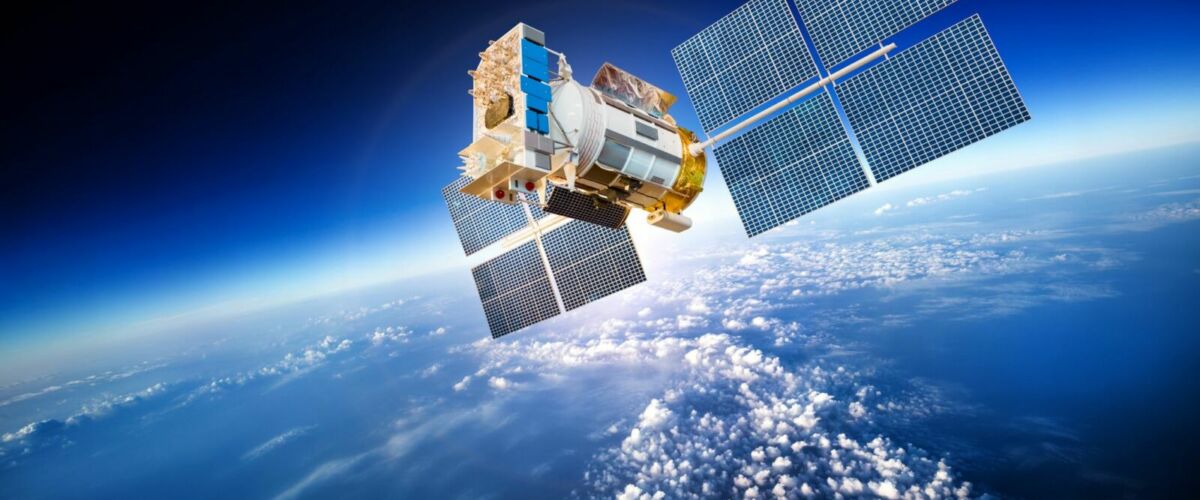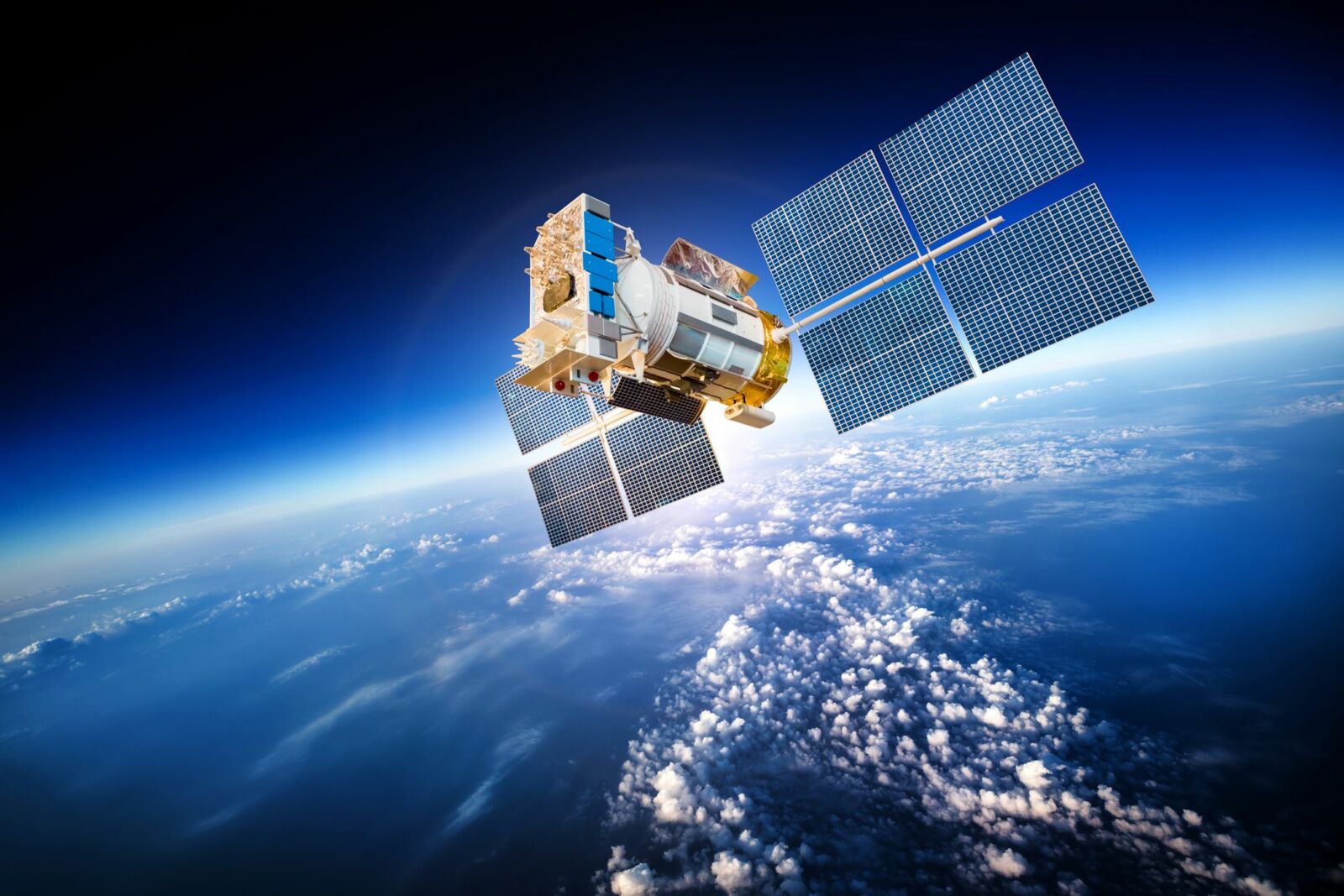China’s Next Lunar Mission Could Bring back Rock Samples
The uncrewed spacecraft will land on the far side of the Moon.
The age of the space race might be gone now, but that doesn’t mean that other countries don’t have promising space programs that threaten to outpace that of the US’. China first opened the CNSA, its space agency, back in 1993, but it has advanced a lot in recent years, and it has even done the occasional Moon landing. China is planning to launch another spacecraft to the Moon and bring back rock samples.
China is gearing up for its next lunar exploration mission with the launch of the Chang’e-6 probe. Scheduled to lift off atop the Long March-5 Yao-8 rocket from the Wenchang Space Launch Site in early May (as soon as this Friday), the mission aims to land on the Moon’s far side near the south pole. This region is of particular interest to scientists as it holds clues about the Moon’s evolution. The US has yet to explore the far side of the moon, as all crewed and uncrewed missions have landed on the near side. China, on the other hand, has already gone once in 2019—this would mark the second time China is going there, and the first time where it’ll actually collect samples from that region.
The Chang’e-6 mission is a sophisticated endeavor involving an orbiter, lander, ascender, and re-entry module. Equipped with a drill and scoop, the lander will collect approximately two kilograms of lunar samples, which will then be transferred to the ascender and eventually returned to Earth. Unlike its predecessor, Chang’e-6 is scheduled for a 53-day mission, requiring retrograde orbits of the Moon. Most of the Moon rock samples currently on Earth were collected by Apollo astronauts in the 1960s and 1970s, though probes from China and the former Soviet Union have also brought back some rocks.
China also has plans for a Mars trip within the next few years, including a potential sample return mission called Tianwen-3 in 2030. This ambitious endeavor involves twin launches, one carrying a lander and ascent vehicle, and the other hauling an orbiter and return vehicle to the Red Planet. Despite the challenges, including the lengthy travel time of over 500 days to Mars, China’s space program is poised to potentially outpace NASA in bringing back Martian samples.
Source: The Register
“Tech Bargains Galore: Where Innovation Meets Affordability!”






